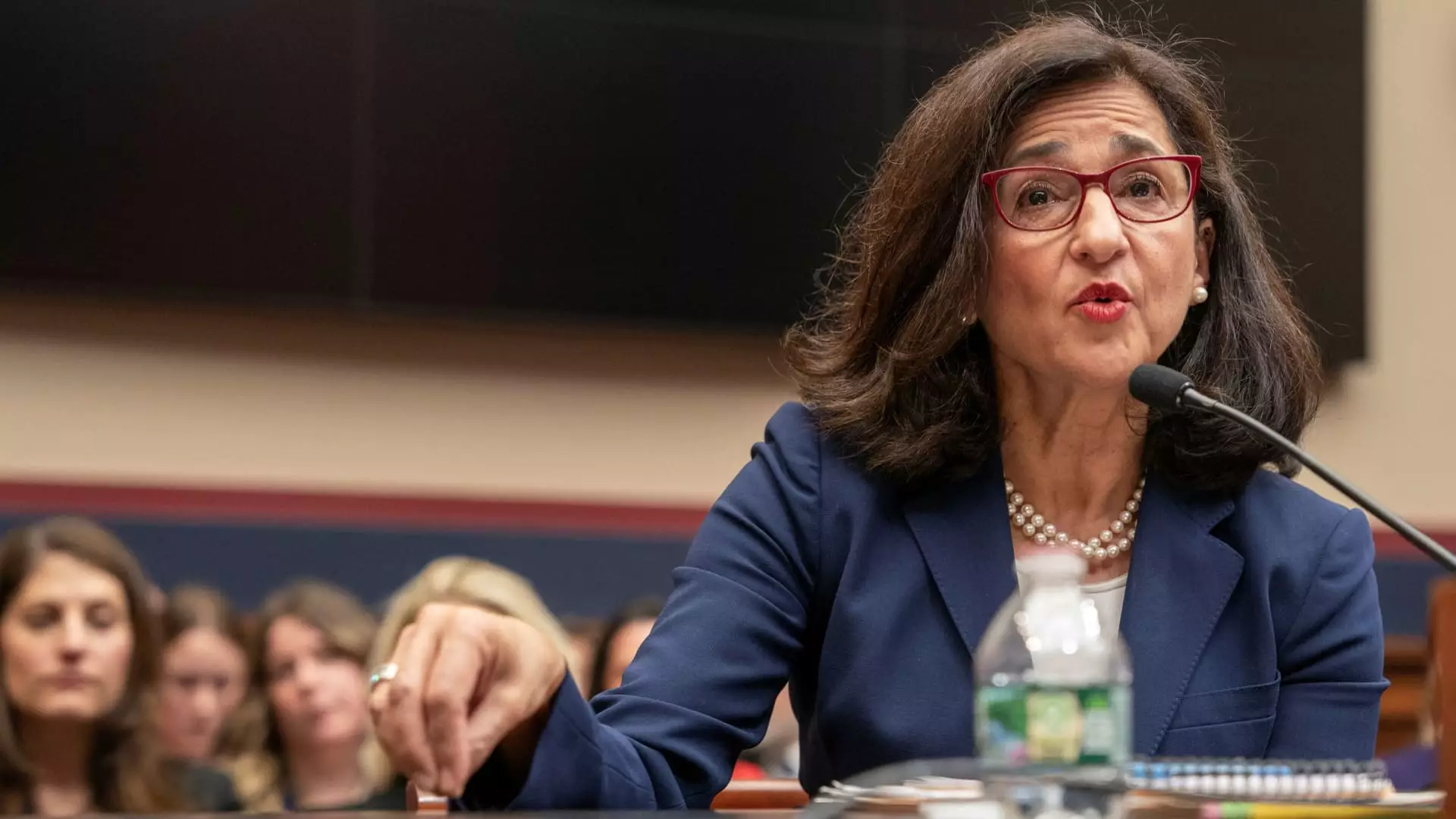The recent resignation of Columbia University’s president, Nemat “Minouche” Shafik, has sent shockwaves across the campus community. Shafik stepped down after facing months of criticism and protests from various groups, including anti-war demonstrators and House Republicans. The turmoil surrounding her presidency reached a tipping point, ultimately leading to her decision to resign.
In her resignation letter to the Columbia community, Shafik acknowledged that her tenure as president had been marked by progress in some areas but overshadowed by unrest and divergent viewpoints. The protests and encampments on campus in solidarity with Palestinians, as well as accusations of mishandling antisemitism, further fueled the controversy surrounding her leadership. Shafik’s decision to resign was also influenced by the toll the situation had taken on her family and the broader community.
Impact on Columbia University
The departure of President Shafik has significant implications for Columbia University. The Board of Trustees expressed regret over her resignation and announced Katrina Armstrong as the interim president. Armstrong, a seasoned leader in the medical field, now faces the challenging task of steering the university through a period of transition and renewal. The student protest group Columbia Students for Justice in Palestine welcomed Shafik’s resignation, highlighting the influence of grassroots movements on campus dynamics.
Columbia University must now navigate a path forward amidst ongoing protests, demands for divestment, and the broader political landscape. The resignation of President Shafik underscores the need for strong leadership that can uphold academic principles, promote diversity, and address the concerns of all stakeholders. The university’s commitment to free speech, openness to new ideas, and zero tolerance for discrimination will be tested in the coming months as new leadership takes charge.
The resignation of President Shafik is not an isolated incident but part of a larger trend where university leaders are facing increased scrutiny and pressure from various quarters. Similar cases at other institutions, such as the University of Pennsylvania and Harvard University, suggest a growing politicization of campus issues and the challenges of balancing academic freedom with public expectations. The role of universities in addressing social justice issues, supporting marginalized communities, and ensuring a safe and inclusive environment is under the spotlight.
The resignation of Columbia University’s president has sparked a conversation about leadership, activism, and accountability on college campuses. The events that led to Shafik’s departure reflect the complex dynamics at play in higher education institutions today. As the university enters a new chapter under interim leadership, the focus will be on healing divisions, fostering dialogue, and reaffirming its commitment to academic excellence and social responsibility.



Leave a Reply